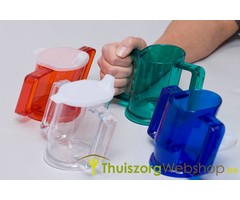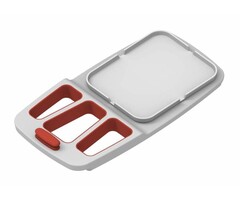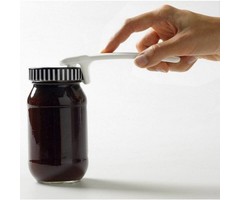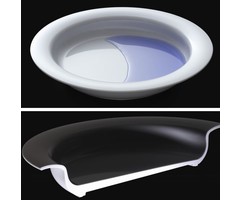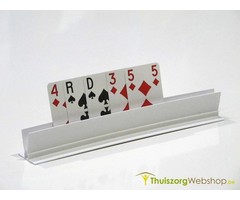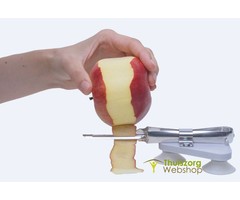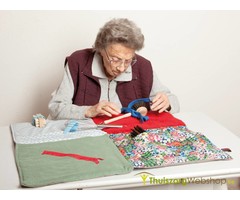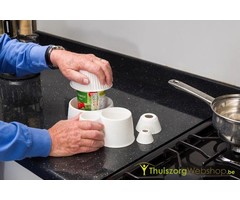
Tremor / Trembling
Trembling , often called tremors , is the result of a number of causes.
For example, the Parkinson's disease, MS and cerebrovascular disorders ( strokes ) can result in shaking.
Trembling can also be a side effect of medication, which can cause problems for older people in particular. Trembling therefore occurs in 5% of people older than 40 years.
Supporting tremors is not difficult at all, since there are so many tools for it. Often the trembling causes problems with eating and drinking. With the help of our cutlery with thickened handles , weight bands for the arms and weighted cups , this can be done independently again.
Trembling , often called tremors , is the result of a number of causes.
For example, the Parkinson's disease, MS and cerebrovascular disorders ( strokes ) can result in shaking.
Trembling can also be a side effect of medication, which can cause problems for older people in particular. Trembling therefore occurs in 5% of people older than 40 years.
Supporting tremors is not difficult at all, since there are so many tools for it. Often the trembling causes problems with eating and drinking. With the help of our cutlery with thickened handles , weight bands for the arms and weighted cups , this can be done independently again.
Trembling , often called tremors , is the result of a number of causes.
For example, the Parkinson's disease, MS and cerebrovascular disorders ( strokes ) can result in shaking.
Trembling can also be a side effect of medication, which can cause problems for older people in particular. Trembling therefore occurs in 5% of people older than 40 years.
Supporting tremors is not difficult at all, since there are so many tools for it. Often the trembling causes problems with eating and drinking. With the help of our cutlery with thickened handles , weight bands for the arms and weighted cups , this can be done independently again.

